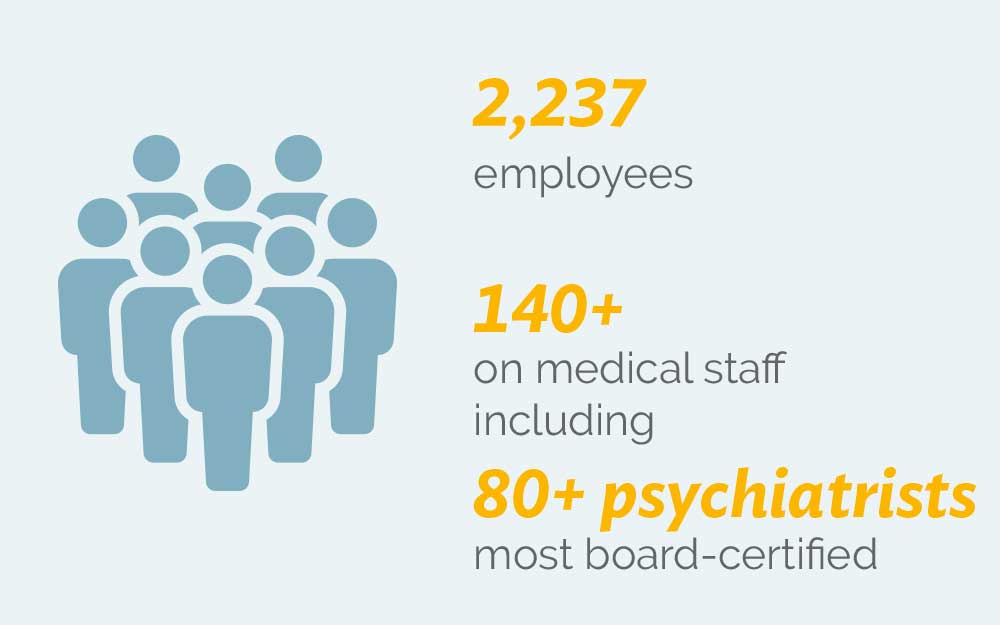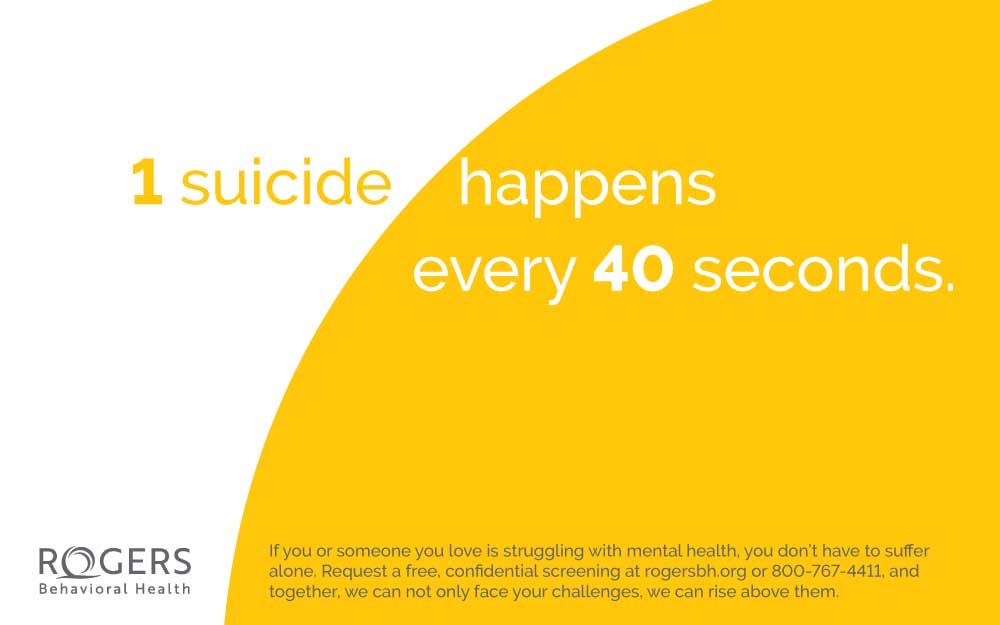
Rogers Behavioral Health at a glance
Rogers has been providing behavioral health services for over 100 years. Our new infographic puts some numbers to how we help those struggling find their path to recovery.
Contact Us • Careers • Refer a Patient • Donate • Blog

Rogers has been providing behavioral health services for over 100 years. Our new infographic puts some numbers to how we help those struggling find their path to recovery.

While mental health is an important topic that deserves increased awareness in all communities, the LGBTQ+ community is experiencing an especially large number of individuals dealing with mental health struggles.

Skin picking and hair pulling can be signs of very serious disorders. The habits are an effort to alleviate stress, escape from anxiety, attempt to correct a perceived flaw, or as an automatic response to tension. Dr. Brenda Bailey, PhD, details how Rogers is able to treat people who are seeking help with skin picking or hair pulling disorders.

Oftentimes, when people reach out for eating disorder treatment, their recovery can be further complicated by co-occurring obsessive-compulsive disorder (OCD). Learn the signs a person with an eating disorder could also be suffering from OCD.

Whether you’re struggling with mental health yourself, have a loved one who is suffering, or are unsure if someone you know is experiencing mental health challenges, it’s important to know the realities surrounding mental health.

Did you know that about 5 million adults in the U.S. are affected by posttraumatic stress disorder (PTSD) every year? Take our 7-question confidential quiz that can help determine if you or someone you know has a tendency toward PTSD.

Do you remember how you felt when you first started attending school? How about when you transitioned to high school? For some students, that stress doesn’t go away quite so easily and may lead to a deeper struggle.

You see the alert pop up on your phone or the headline on the nightly news about the latest mass shooting. As a parent your heart immediately sinks. And then your mind races to what types of questions your child might ask and how to best respond.

Sometimes theater holds up a mirror to real life and has the potential to start important conversations. That’s exactly what’s happening at the Milwaukee Repertory Theater with the play “Every Brilliant Thing”.

Wondering if your teen is using drugs or alcohol? Coming to the conclusion can be scary, but recognizing the signs is critical.